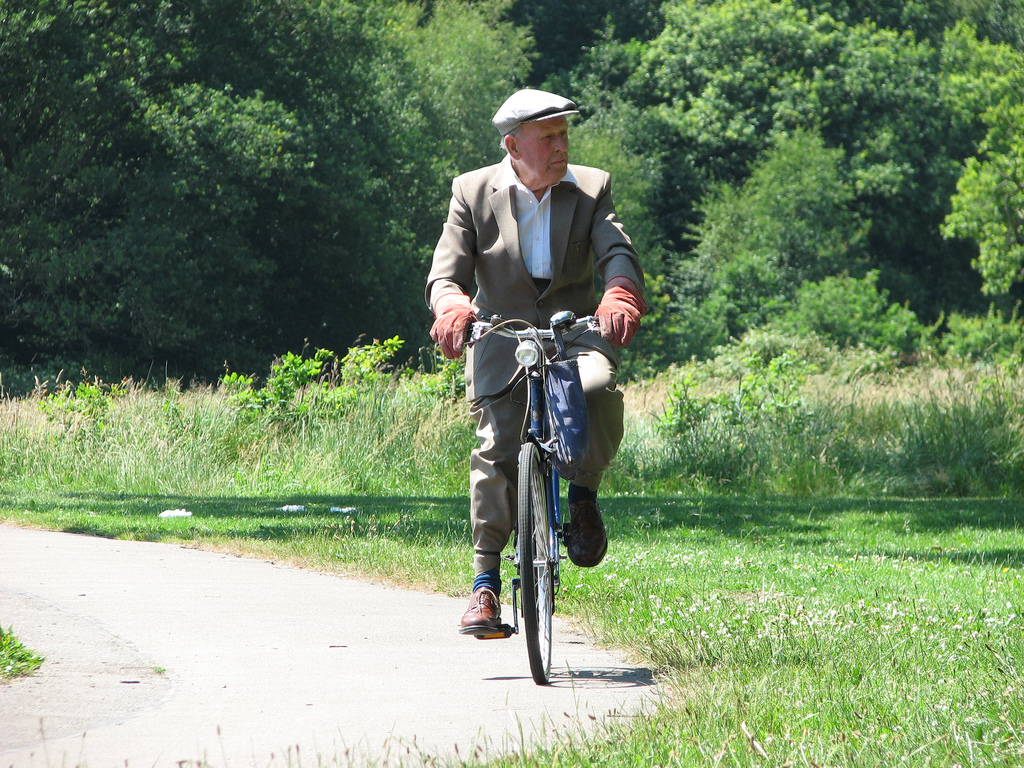
Women go through menopause, ending their reproductive years. Andropause is not exactly equivalent to menopause, as men never truly lose their reproductive abilities, but there is a similarity.
Many men just attribute the signs of andropause to aging, but treatment can bring back the vigor of a more youthful you. An andropause doctor will fully examine you and let you know whether you are a candidate for this restorative therapy.
Andropause results from lower testosterone levels commonly experienced by men in their 40s, 50s, and older. For each decade past age 30, the average man suffers a 10 percent drop in his testosterone level. Symptoms of low testosterone include:
Like their female counterparts, some men may even experience hot flashes or night sweats as a result of low hormone levels. Men with low testosterone face a greater risk of osteoporosis, or bone loss, and cardiovascular disease. While low testosterone usually occurs in older men, younger men who have gone through testicular cancer or other diseases of the reproductive system may also suffer from this condition.
Not all andropause-like symptoms result from low testosterone. The doctor thoroughly examines the patient and takes a medical history. A blood test reveals the patient’s testosterone level.
Andropause treatment is holistic, consisting not only of testosterone supplementation but other natural hormones along with a custom-tailored diet and exercise program. Patients must inform the doctor of all medication they currently take, whether prescription or over-the-counter. They should also include any vitamin or herbal supplements on that list. Many over-the-counter herbal supplements promise results similar to andropause treatment, but they are not regulated and could cause harm.
Treatment for andropause may include injectable testosterone or testosterone pills, implants, patches, or gels. Another option is bioidentical hormone replacement therapy, available in many of the same formats.
Along with testosterone, natural bioidentical hormone replacement therapy might include dehydroepiandrosterone (DHEA) and thyroid hormone. The patient must undergo regular monitoring of his hormone levels, with the bioidentical hormone adjusted as needed. Once treatment begins, it can take a while before the full effects kick in. In time, however, men will feel better and more like their old selves. Along with the return of their sex drives and stronger erections, men undergoing andropause treatment should experience a better mental and physical attitude, as well as a noticeable increase in strength and muscularity.
Some men may experience rashes or discomfort at the testosterone injection site or application area. Other side effects may include excessive hair growth or increased male pattern baldness. Prolonged erections are another possible side effect. Testosterone injections may cause infertility, so men who plan on becoming fathers should discuss this potential with the doctor.
While andropause treatment is safe for most men, there are males who should not undergo this therapy. A man diagnosed with prostate cancer should not receive andropause treatment, nor should a man with a history of severe kidney or liver disease.
Though usually not as severe as menopause, andropause can cause unwelcome changes in men. However, andropause therapy can help combat the symptoms of lower testosterone.
If you think you are experiencing andropause, or would like more information about the condition, call the office of Dr. Edward Jacobson today and arrange a consultation.